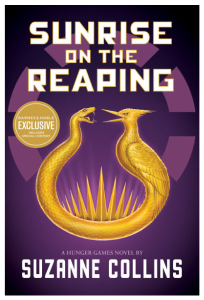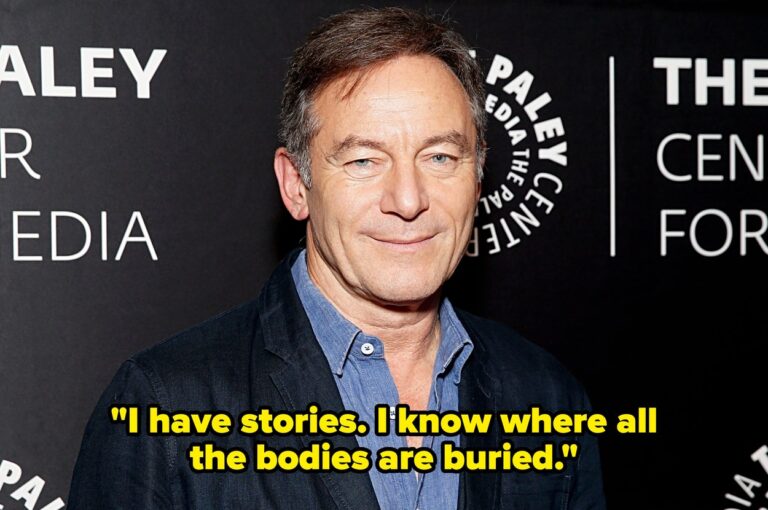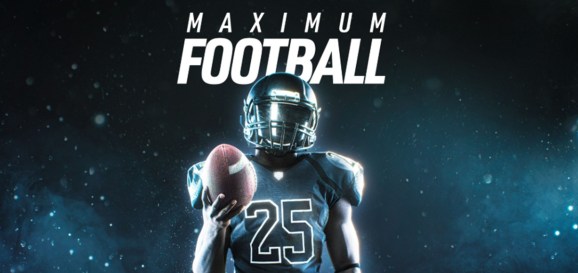
Picture from The Rowling Library article, ‘Warner Bros. will produce animated film adaptation for The Christmas Pig,’ 9 December 2024
Three quick thoughts about The Christmas Pig being made into an animated movie, I assume for release at Christmas time this year or next:
(1) It’s Happening. See The Rowling Library article linked above from last December that has the details that are known and rumored about this project. Probably the most important note in it was “Tom Edge, who has previously adapted the Cormoran Strike novels for the BBC, will be responsible for the screenplay adaptation.” Edge clearly has a working relationship with Rowling, so, whatever your thoughts about the teevee adaptations of the Strike-Ellacott novels, we can at least be sure that the animated movie won’t be unrecognizable from the remarkable book.
(2) This Is A Big Deal. We’ve written a lot about The Christmas Pig here at Hogwarts Professor; see ‘Hogwarts Professor Christmas Pig Posts‘ for a one-stop collection of links to articles by Evan Willis, Bea Groves, Elizabeth Baird-Hardy, Nick Jeffery, and myself, work that includes a ‘Rowling Studies’ podcast. If you listen to that conversation, you’ll hear Nick and me argue from contrary starting points — he’s in the Lake, I am in the Shed, as usual — that Christmas Pig is arguably Rowling’s finest work.
It certainly is the shortest show-piece of every signature Rowling point of artistry to be found between two covers: alchemy, ring composition, Christian symbolism, Divine Mother, revelation of the “Real,” you know it, Christmas Pig has got it. I suspect it will be read in future generations as the “representative” work that English students must read for the ‘Age of Rowling’ or ‘Early 21st Century Postmodern Writers’ the way that A Tale of Two Cities is for Dickens, though it is perhaps the least Dickensian of his usually much longer stories.
This animated production is a big deal because Christmas Pig has largely fallen off the radar of even the most serious among Rowling readers. A cartoon version, if it is well done, will bring millions of new readers to the story — and will do so every year there is a Christmas as the film moves to streaming services, television, DVD, airplanes, etc. A Warner Bros/Discovery production of Christmas Pig has the potential, I think, to make Rowling’s shortest stand-alone book the one future generations will think of when they hear her name. Yes, even more than Harry Potter.
(3) Rowling’s Intentional Legacy? Imagine for a moment that Rowling is as savvy, as well read, and as, well, Machiavellian as her brilliant character, Hermione Granger. She’s well aware of English literary history, a big fan of Charles Dickens, and well aware of how readers understand great writers of the past (whence her guiding critical biographers with her repeated ‘Lake and Shed’ comments about how she writes). Is it possible that she wrote Christmas Pig in an attempt not only to one up Dickens’ life-changing Christmas Carol, a story that saved his career at a near nadir of his life, but also to mimic what Carol has meant for Dickens’ legacy?
I know that discussing an author’s intention without his or her expressed intention being known is to forever chase one own’s tail (see Michael Ward’s brilliant Planet Narnia that has this problem as its most notable fault). I’m aware, too, that Rowling is disdainful, at least on Twixter, of those who think about how they will be remembered after they are dead.
I bring up this possibility nonetheless because I can see Rowling’s Christmas Pig becoming her Christmas Carol, even Rudolph the Red-Nosed Reindeer.
The best-selling English novel of all time? Tale of Two Cities. As noted above, though not really representative as a Dickens novel, as the shortest of his books, it is read by almost every secondary school student in English speaking countries or was read by students for almost two centuries. But what is the most well-known and loved piece by Charles Dickens? His Christmas Carol.
The most watched television show of all time, too, is a Christmas special, the stop-motion animated version of Rudolph the Red Nosed Reindeer. According to Rick GoldSchmidt, author of Rudolph the Red Nosed Reindeer: The Making of the Rankin/Bass Holiday Classic, “Premiering on NBC December 6th, 1964, Rudolph has become the longest running, highest rated television special in the history of the medium.” See Ronald Lankford’s Rudolph: An American Hero for a much more comprehensive history of the show and my Harry Potter’s Bookshelf for a postmodern reading of the show and its relevance to the Hogwarts Saga.
I think it’s possible that Rowling poured herself into a Christmas tale the way she did with Christmas Pig to create a 21st Century Rudolph and Christmas Carol. Not probable, but possible! And, as noted, whether this was her plan or not, I’m sure it is the hope of Warner Bros/Discovery that this property turns into a perennial favorite, a touchstone of holiday viewing everywhere for years to come.
For my Perennialist notes about Christmas Pig, taken in large part from my PhD thesis in which Pig, Troubled Blood, and Deathly Hallows were the focus of my critical efforts, all the links are available after the jump. Enjoy!
The Perennialist Reading of Christmas Pig Series:
- Part 1: John, Peter, and Jack Jones
- Part 2: Dante, Sacred Art, and the Symbolism of the Tree and Its Angels
12/22: Whence Holly’s Hatred in Christmas Pig? The Symbolism of the ‘Broken Angel’








